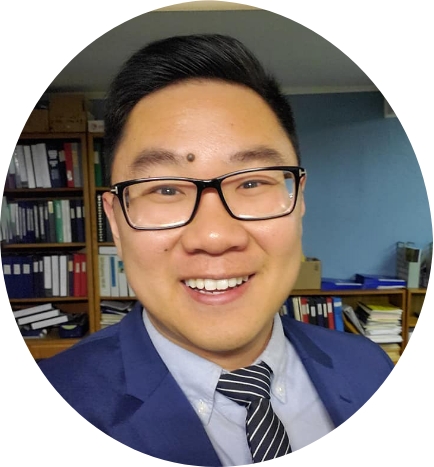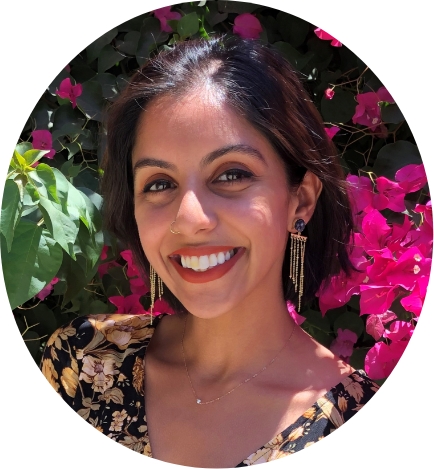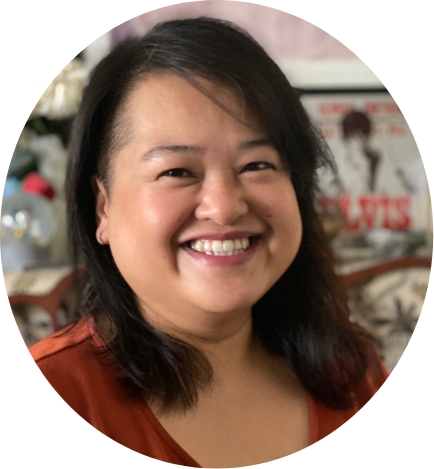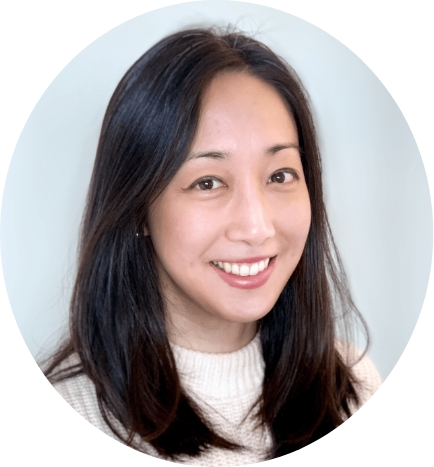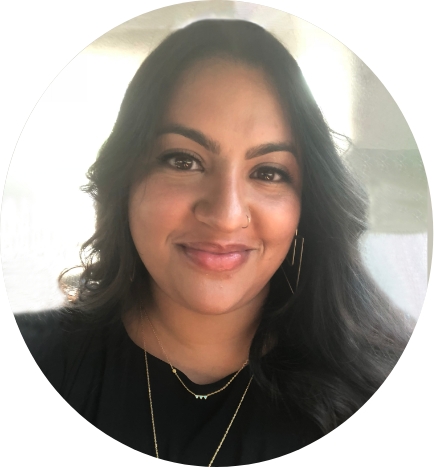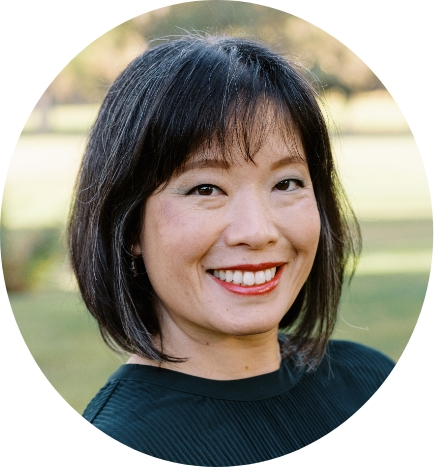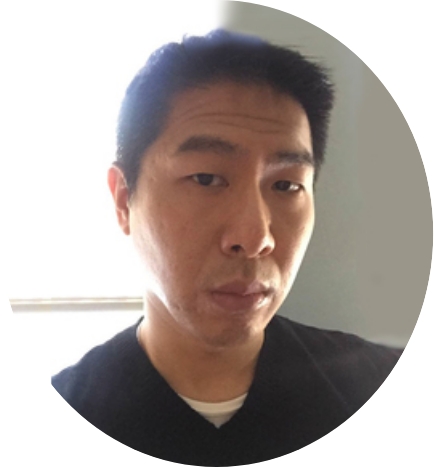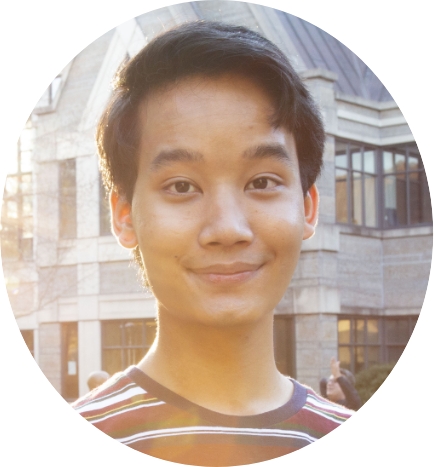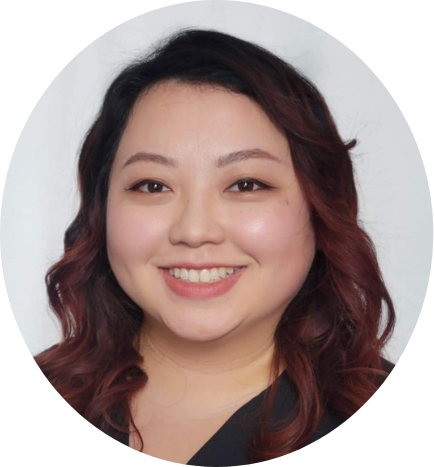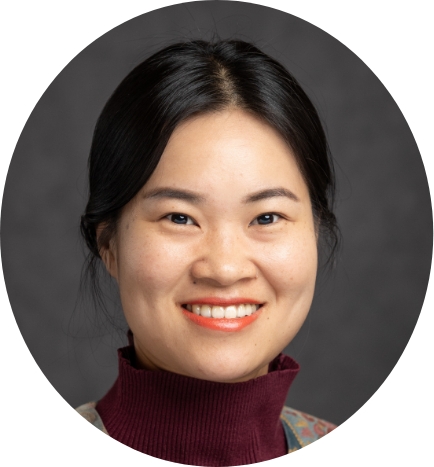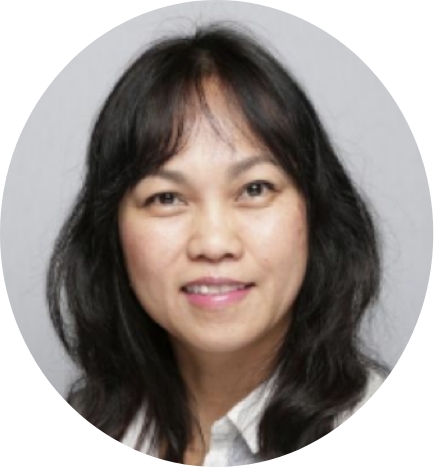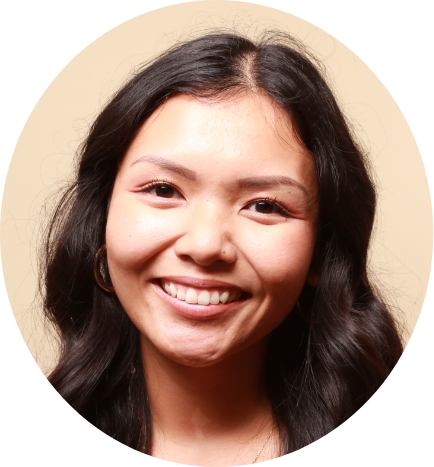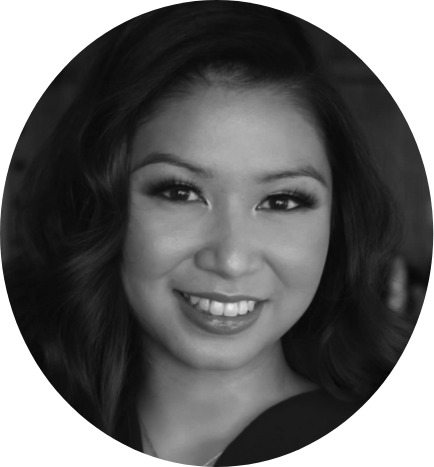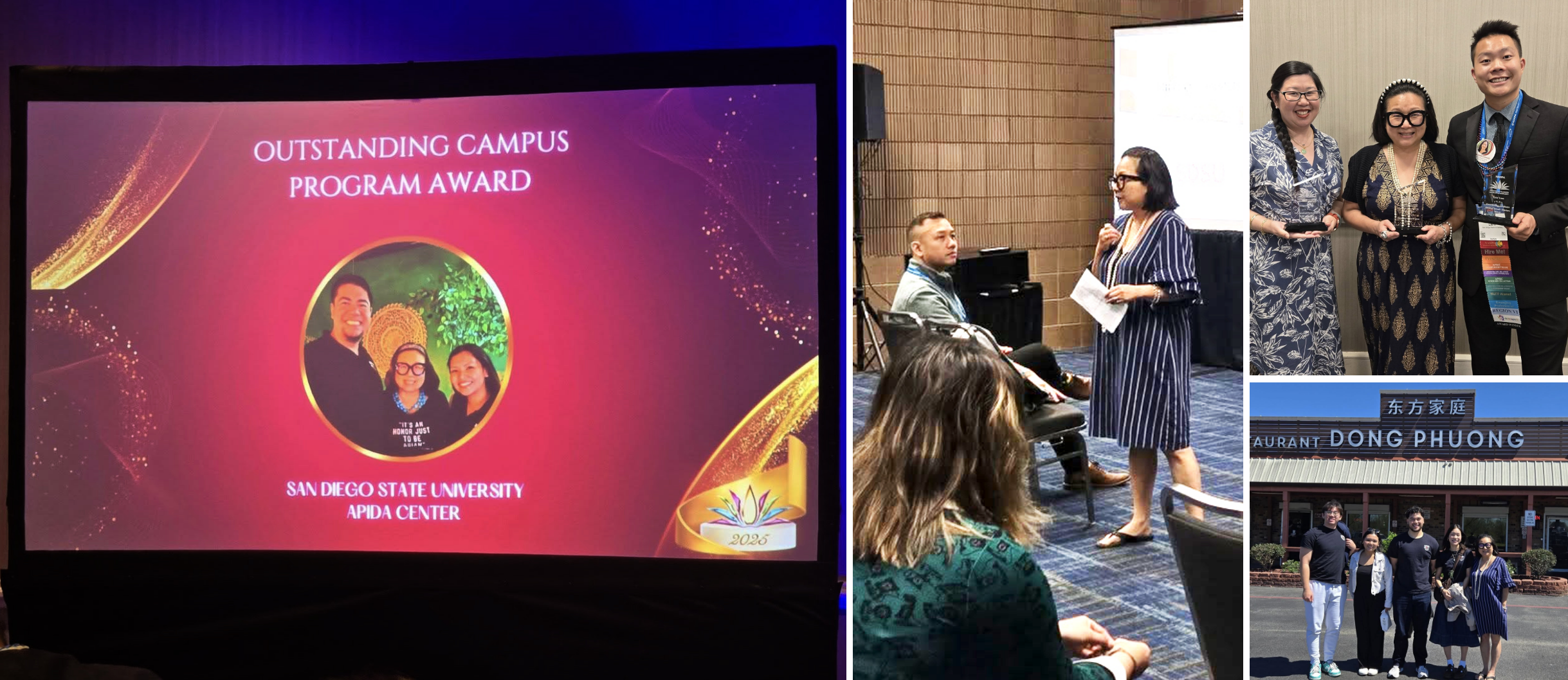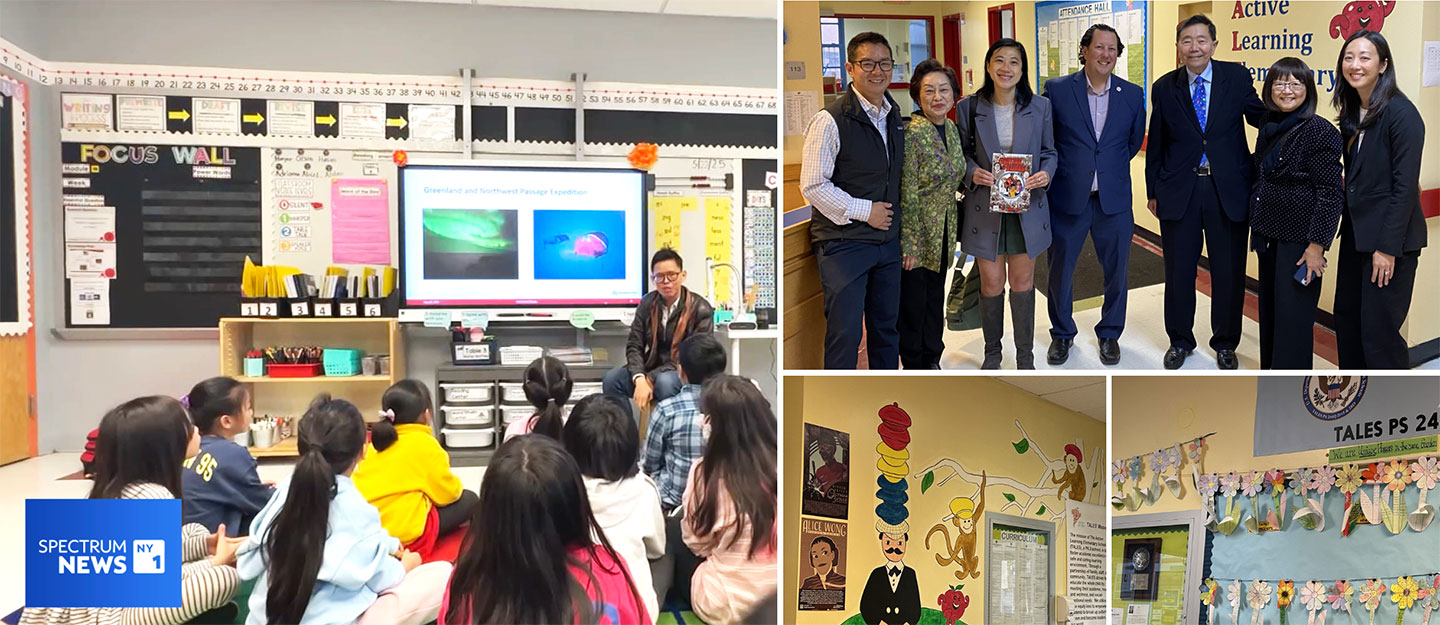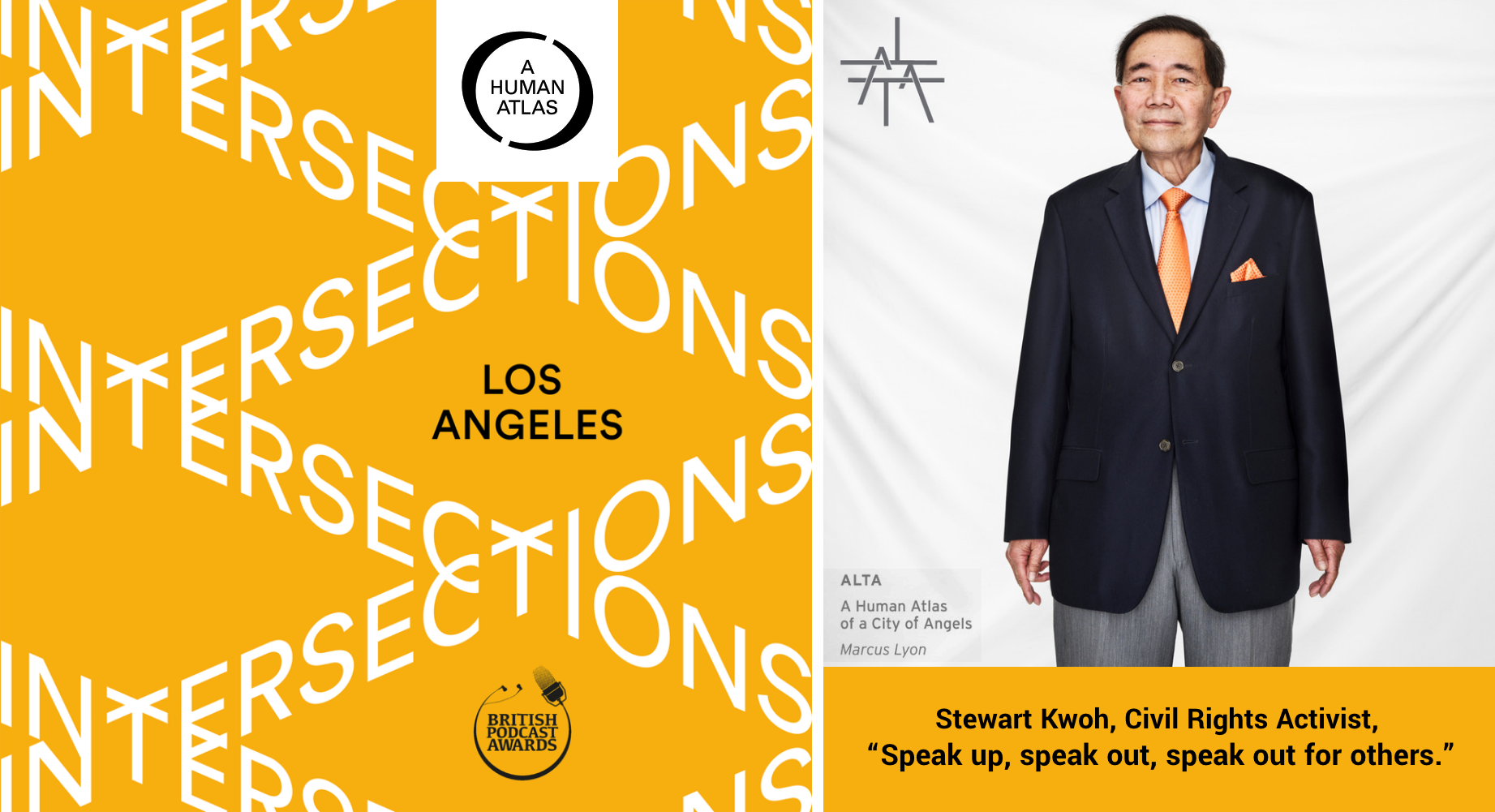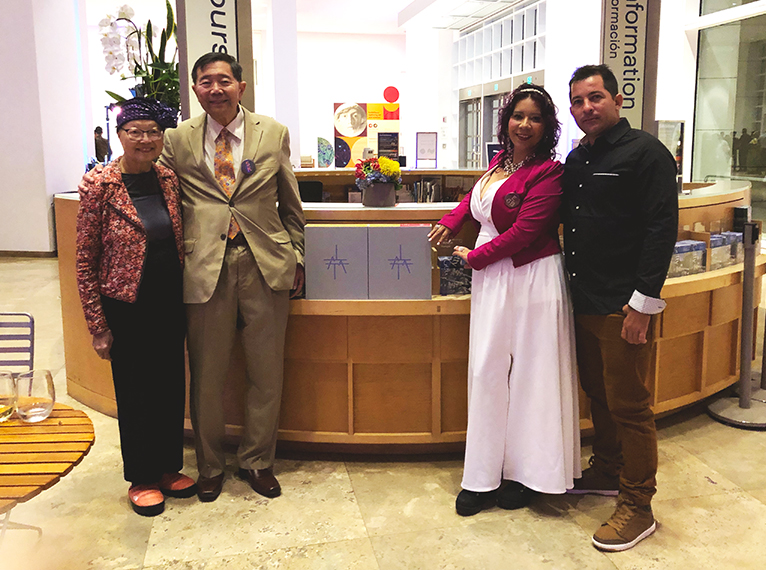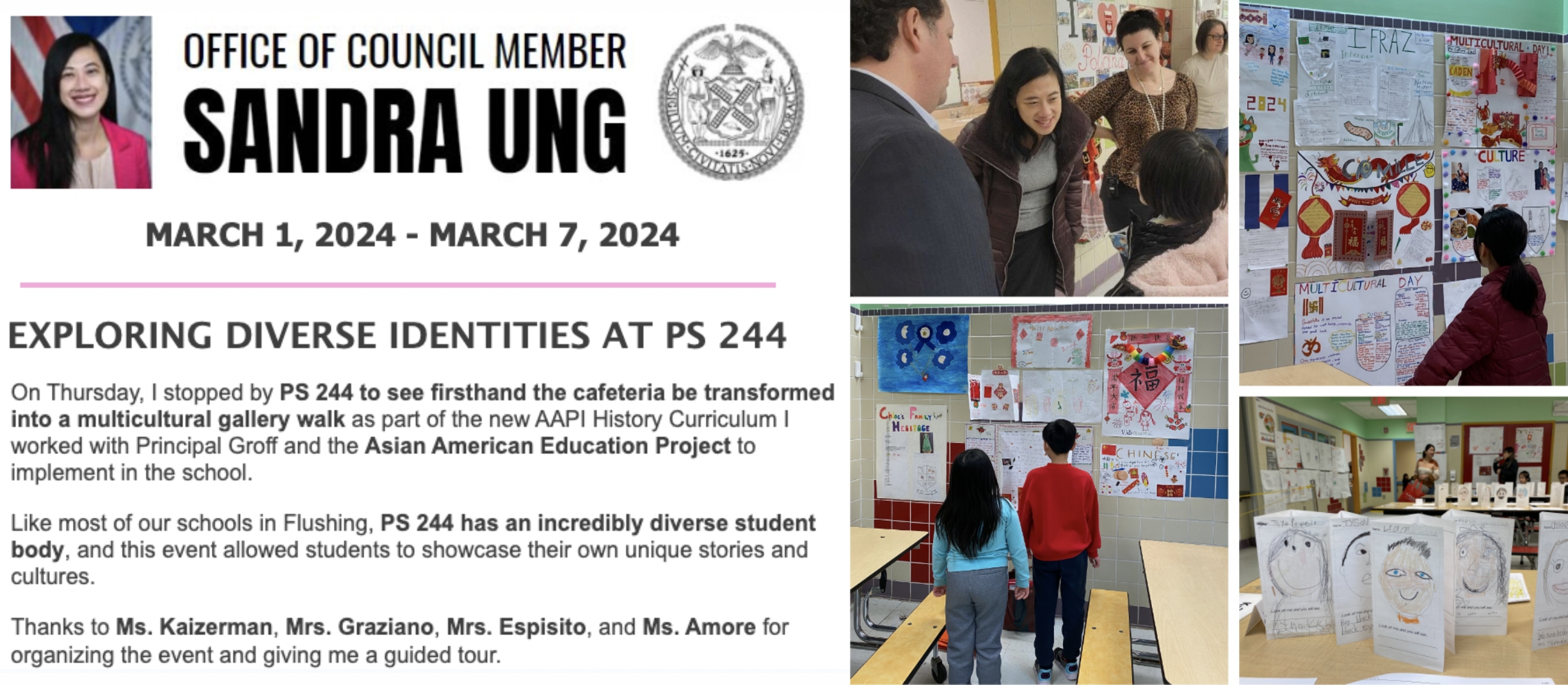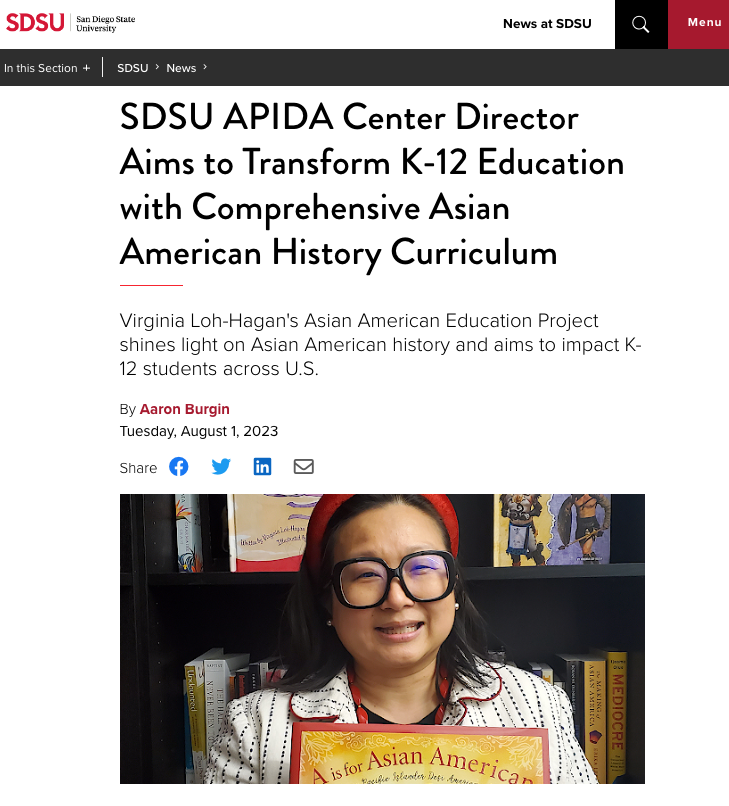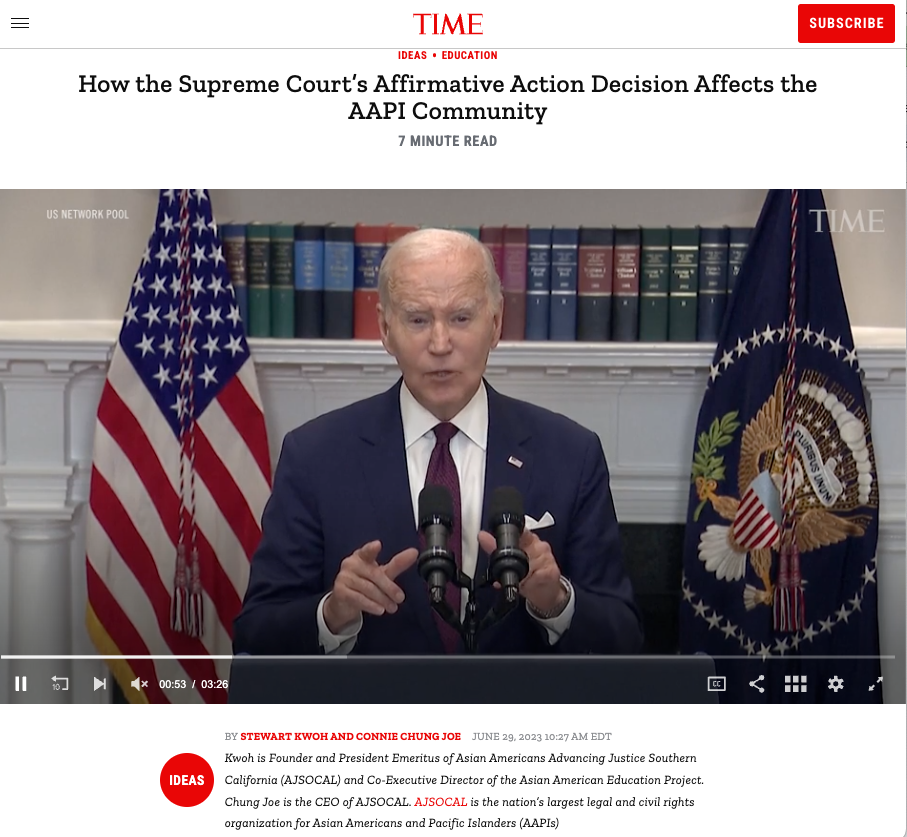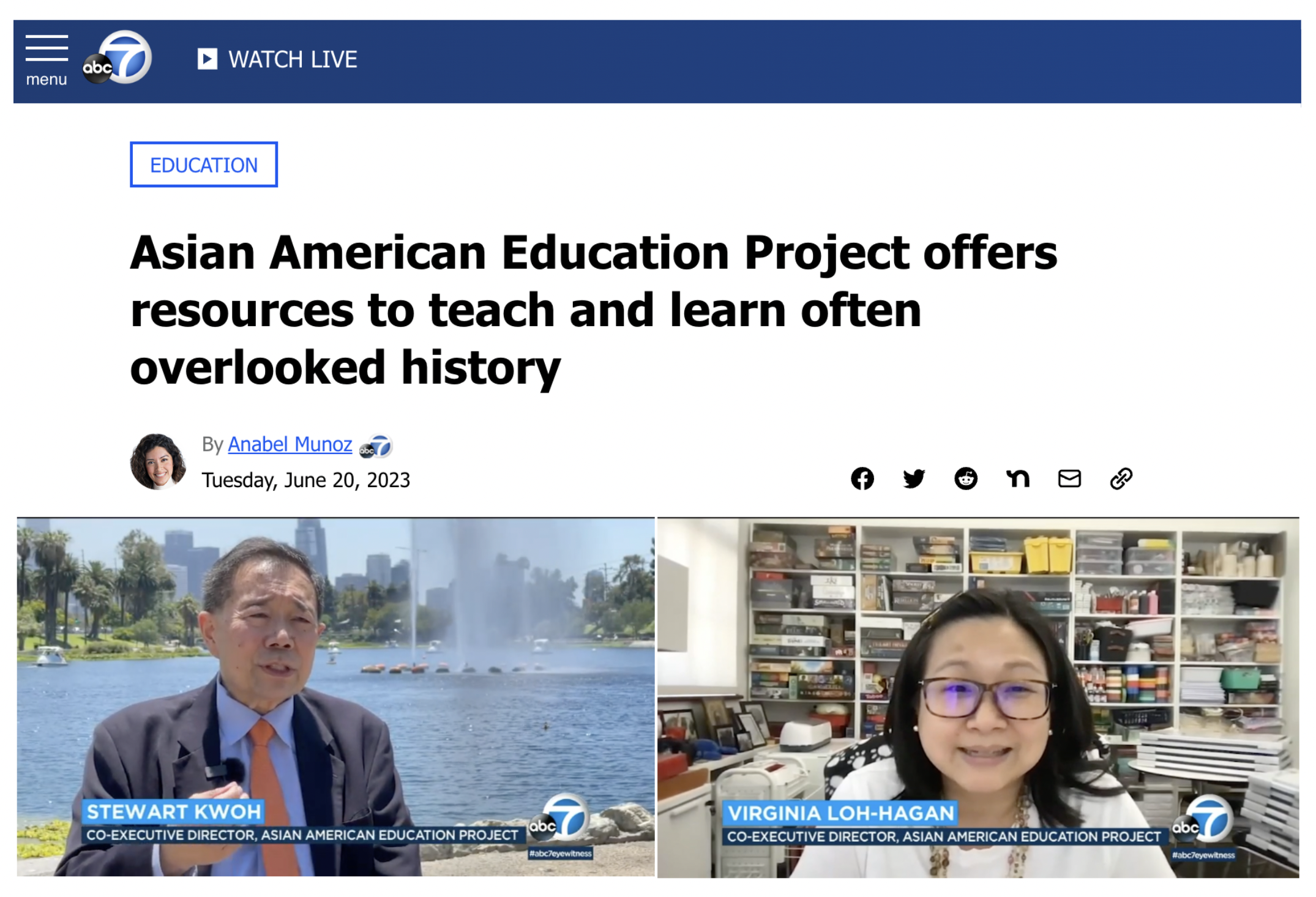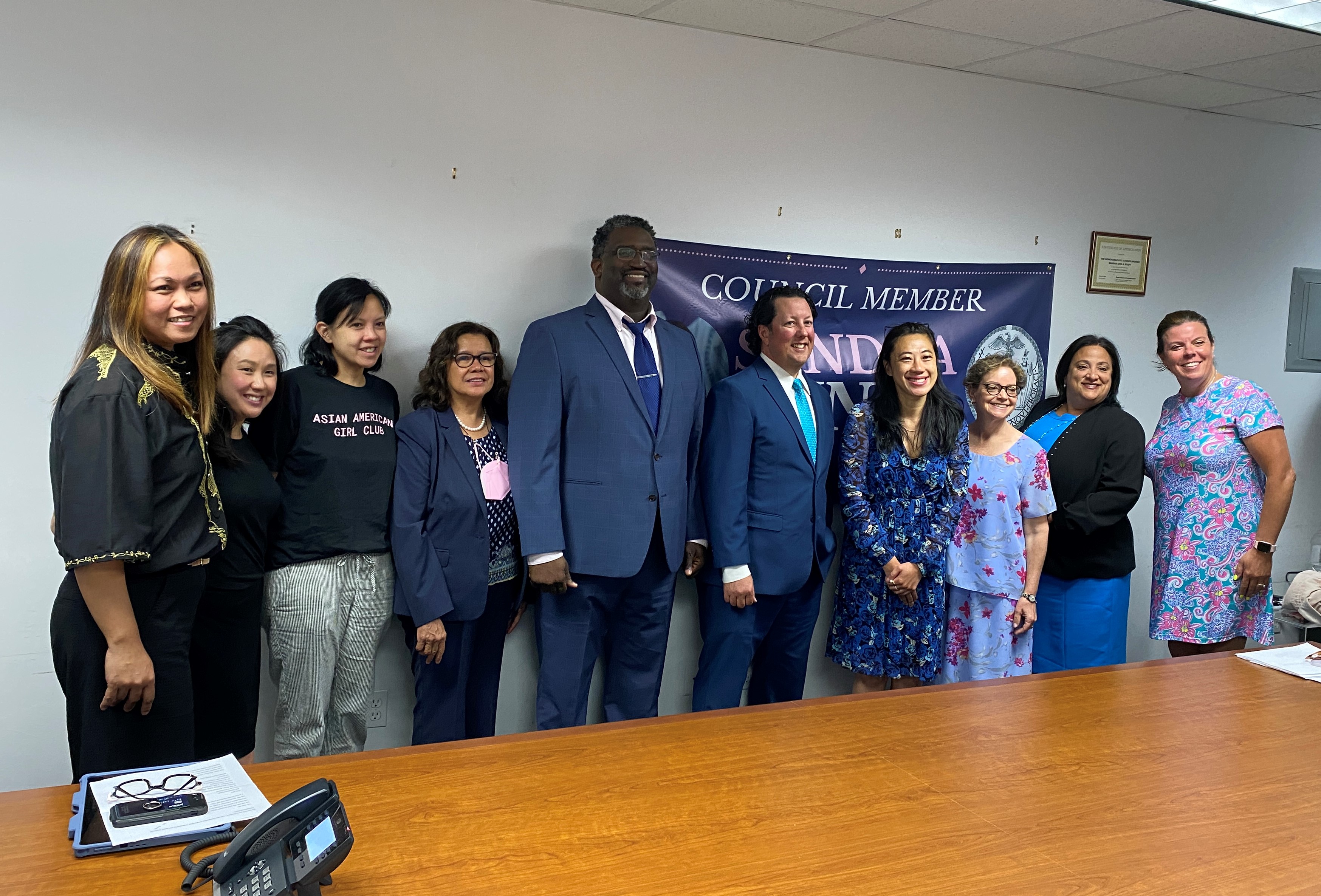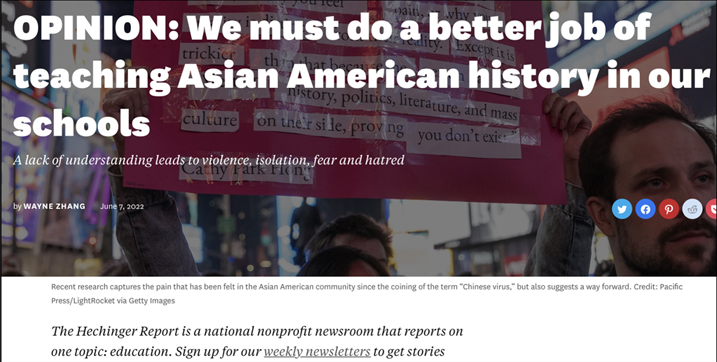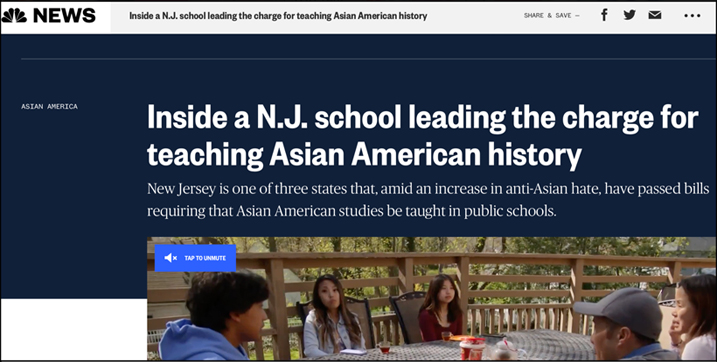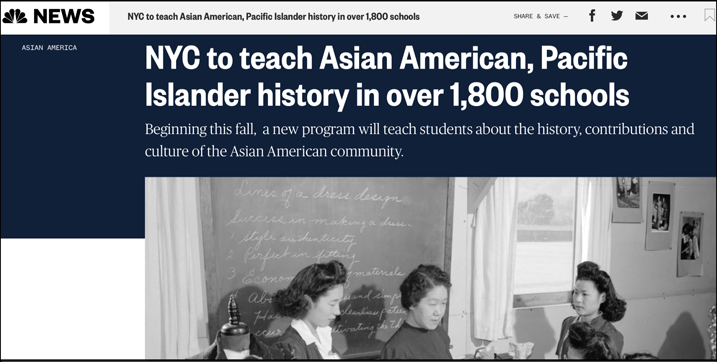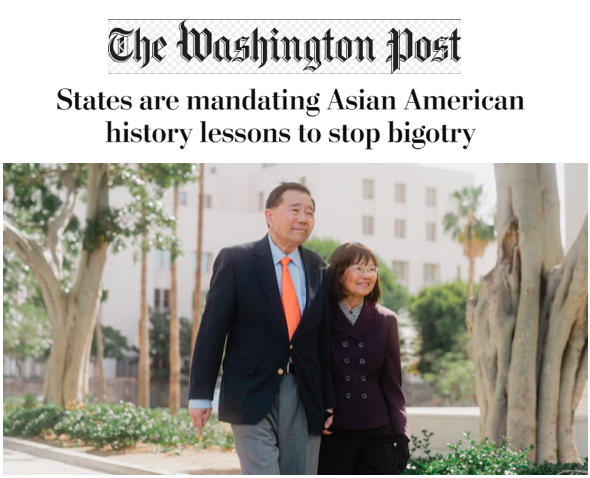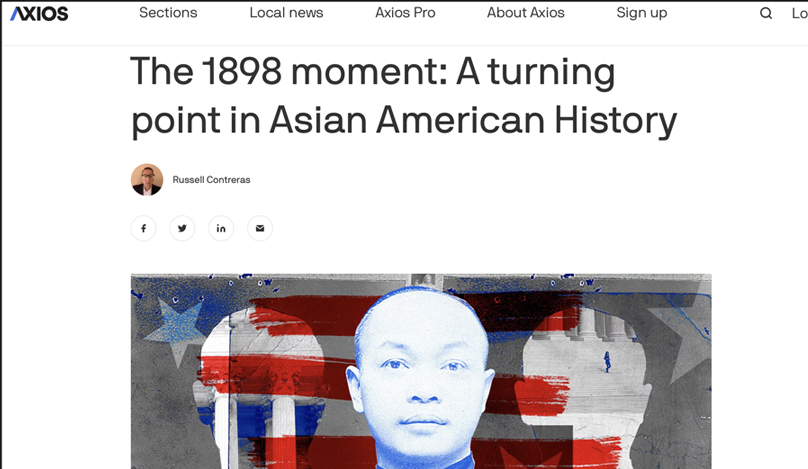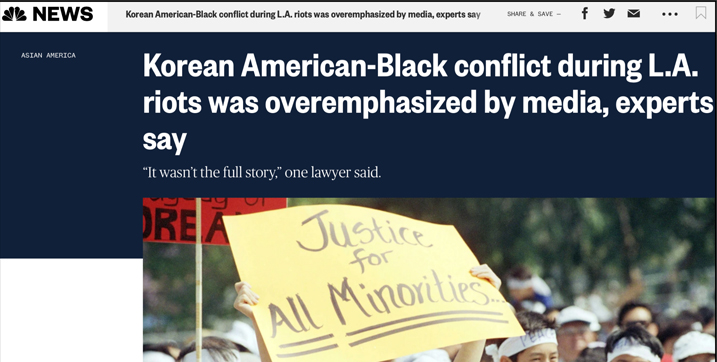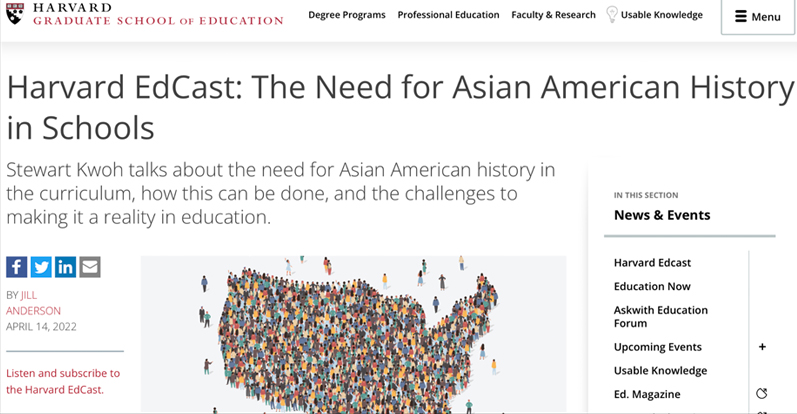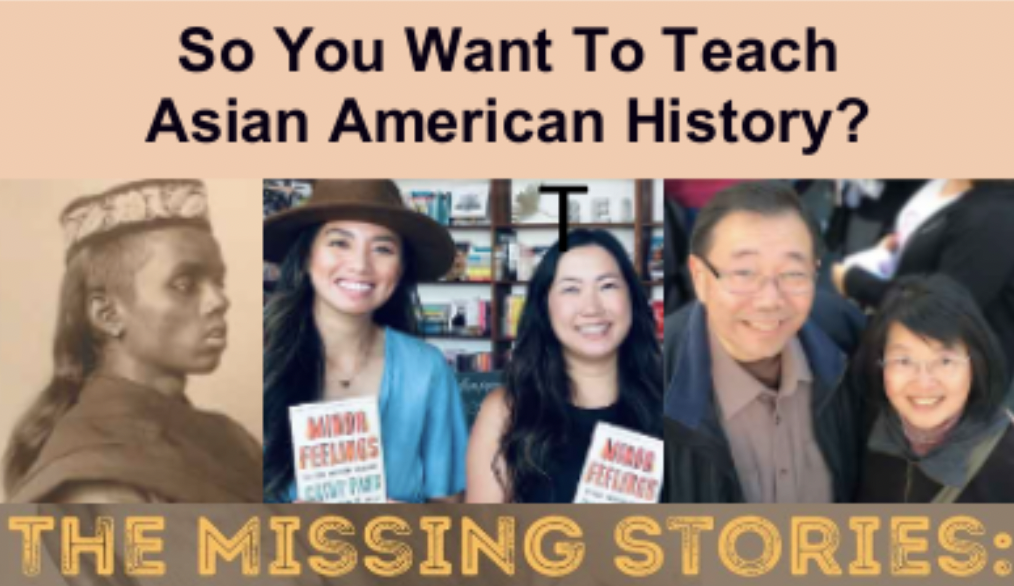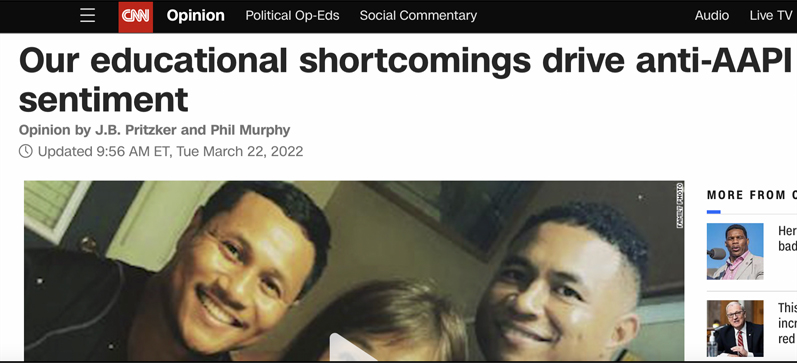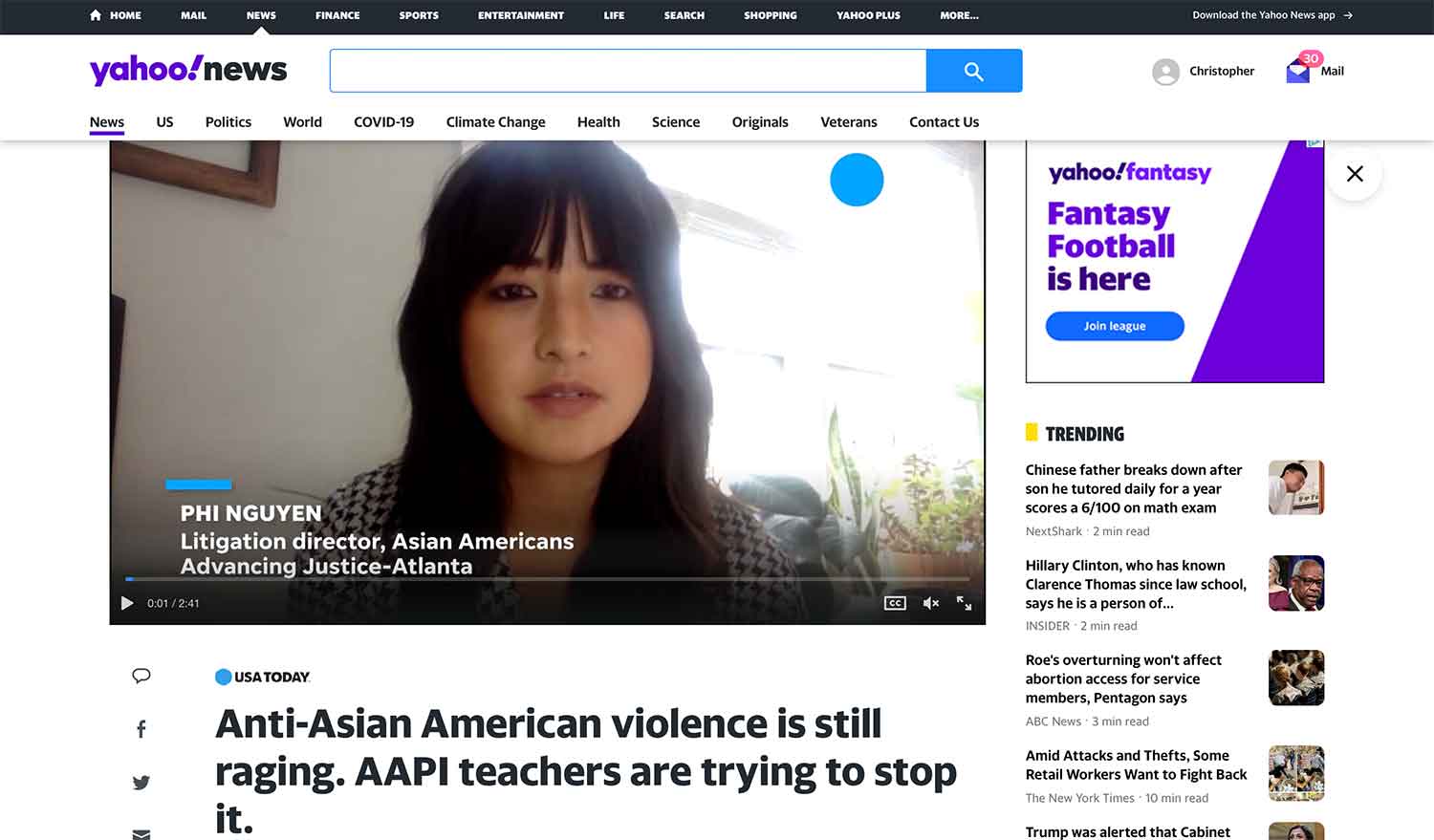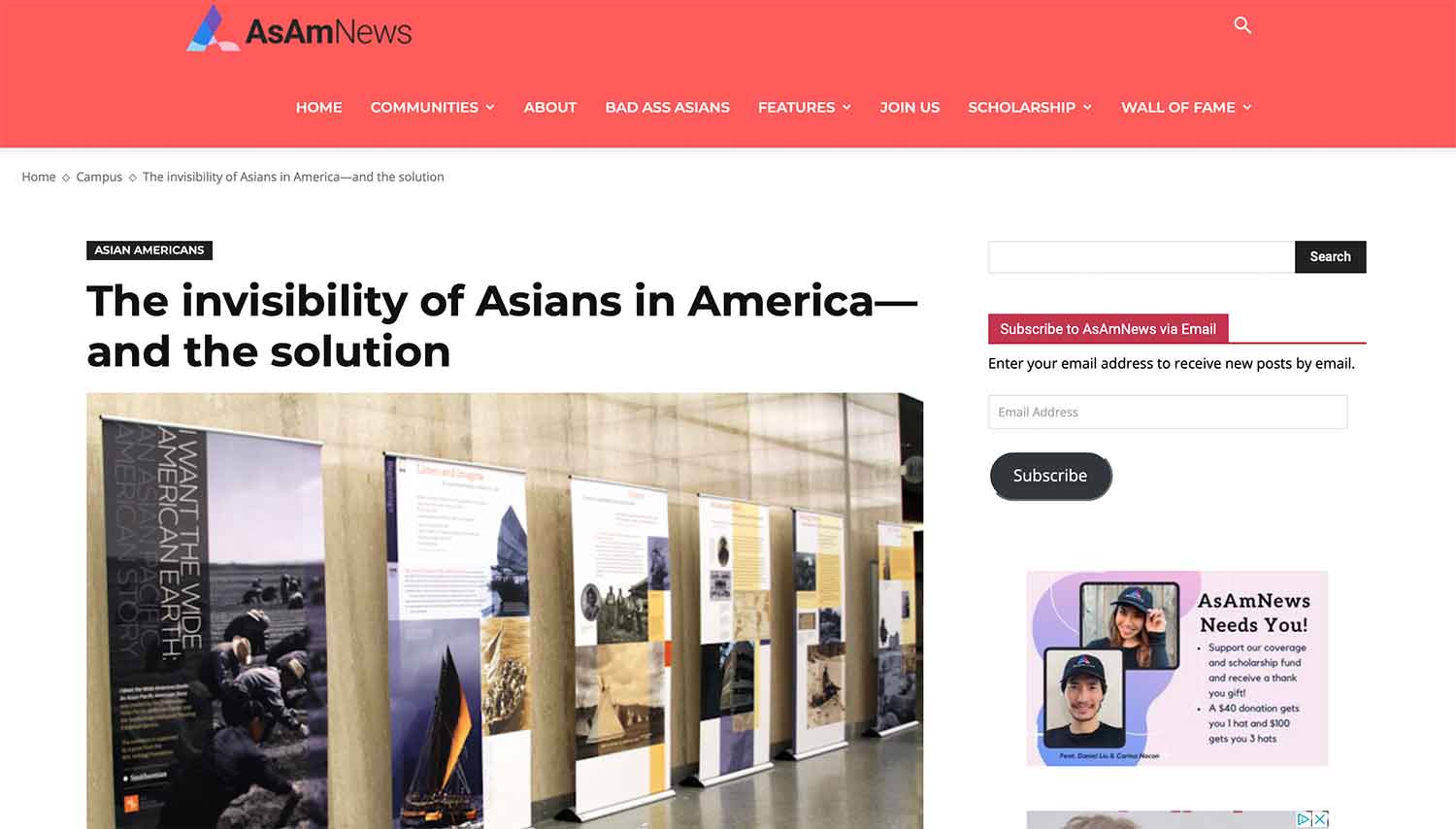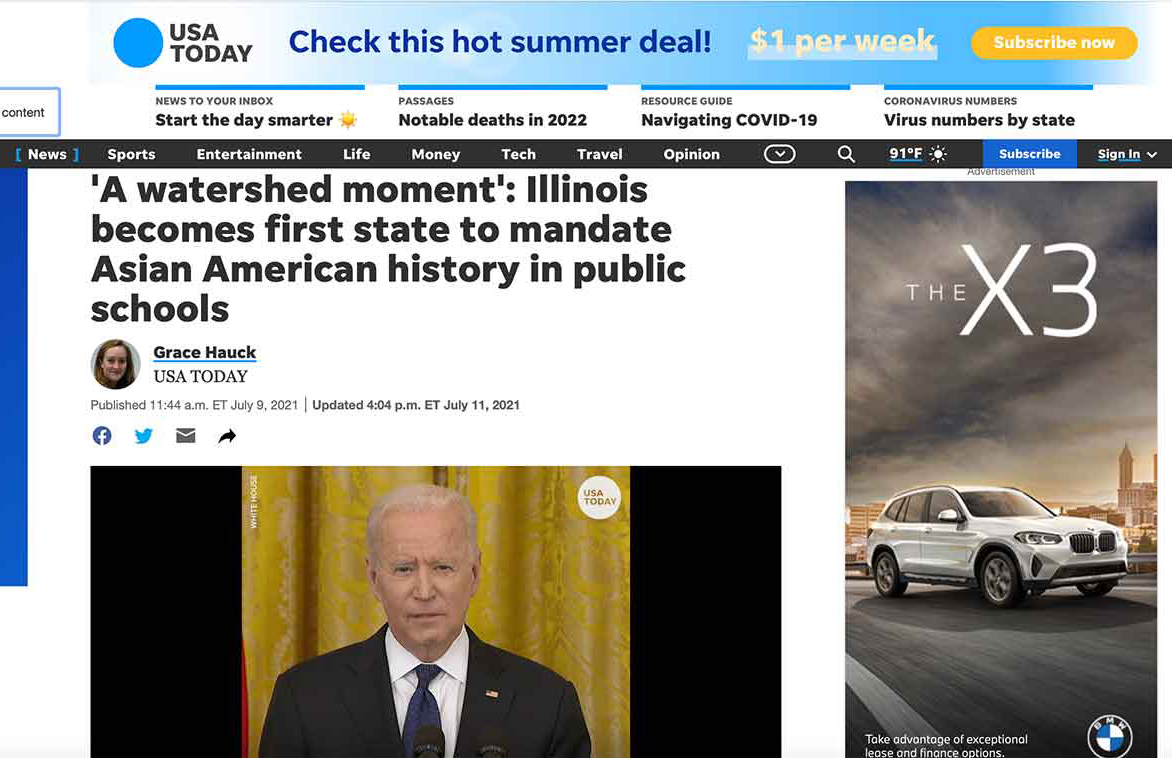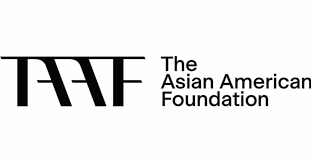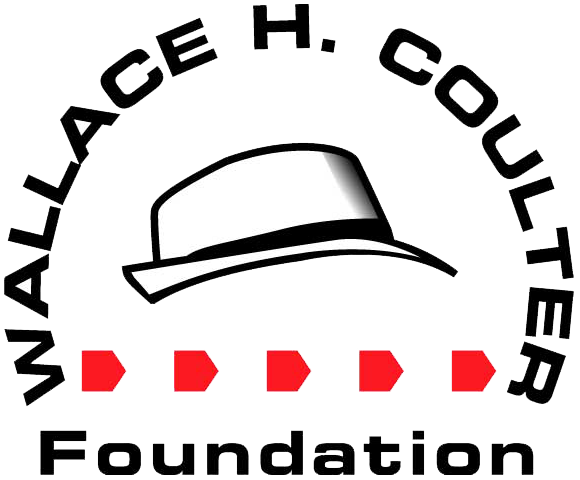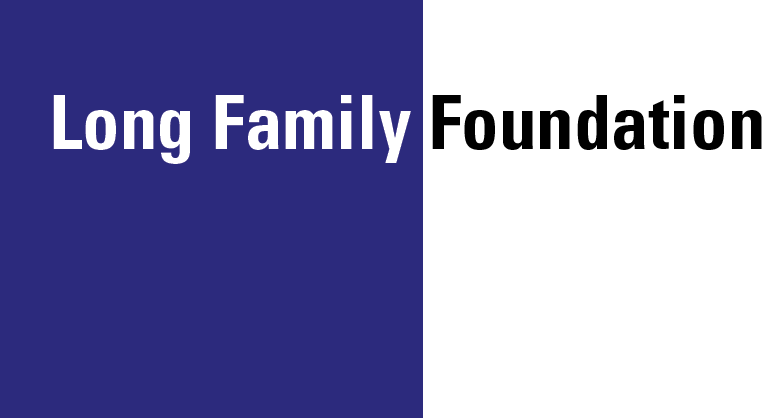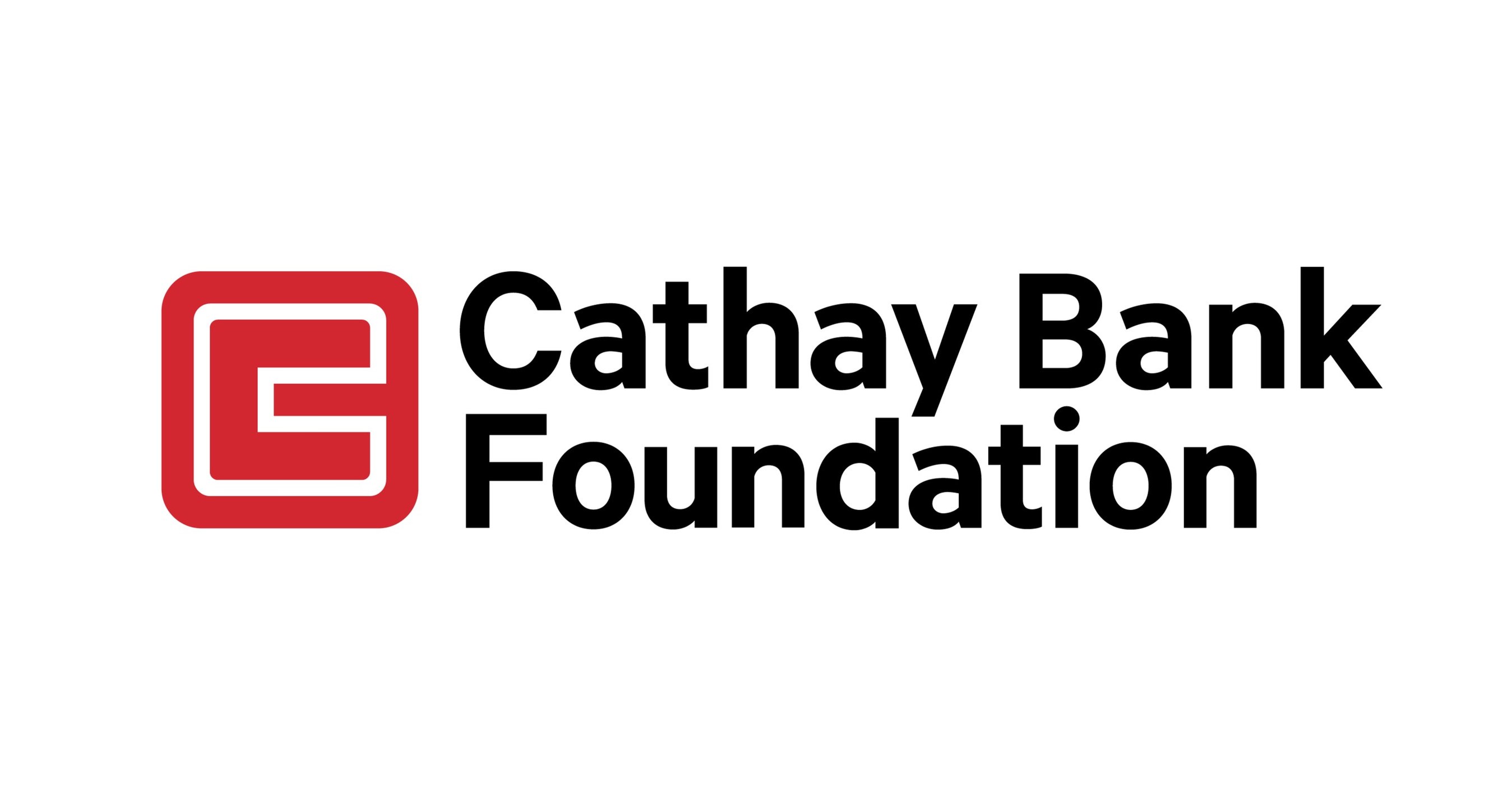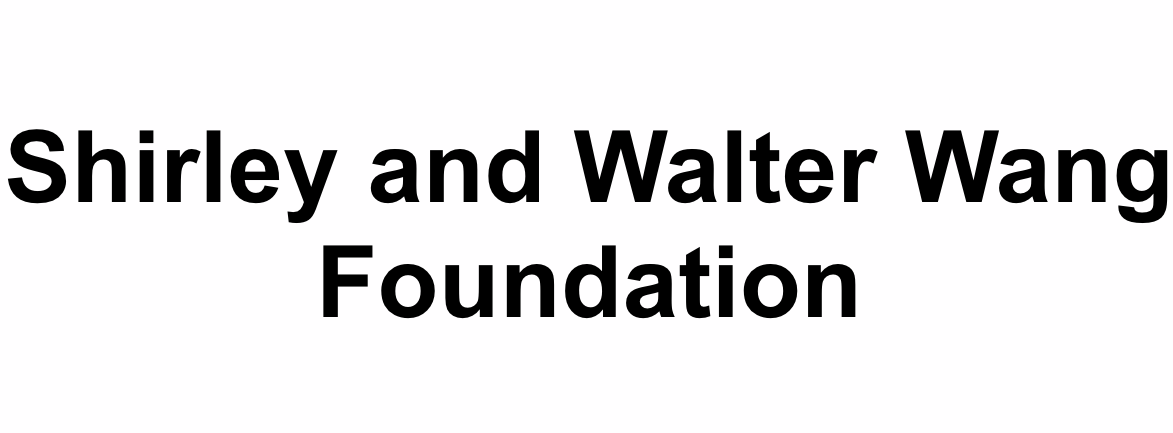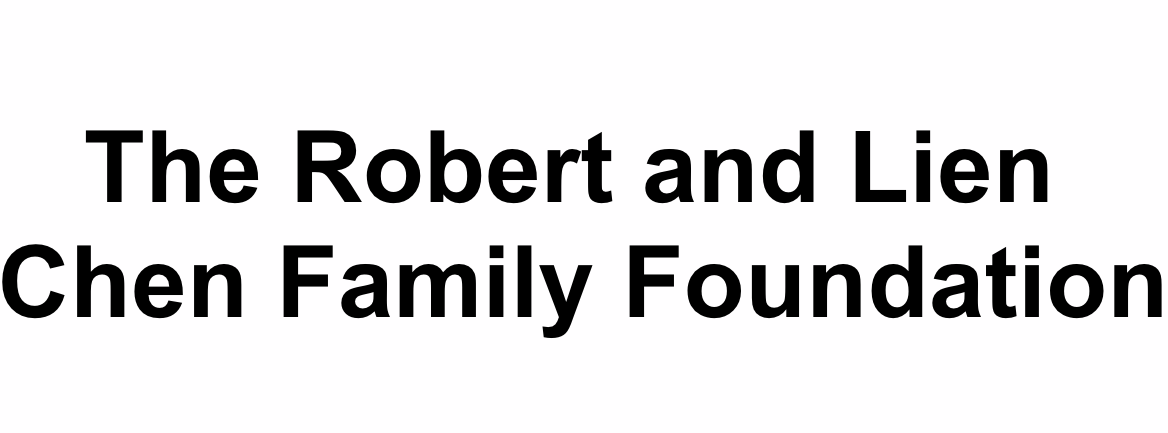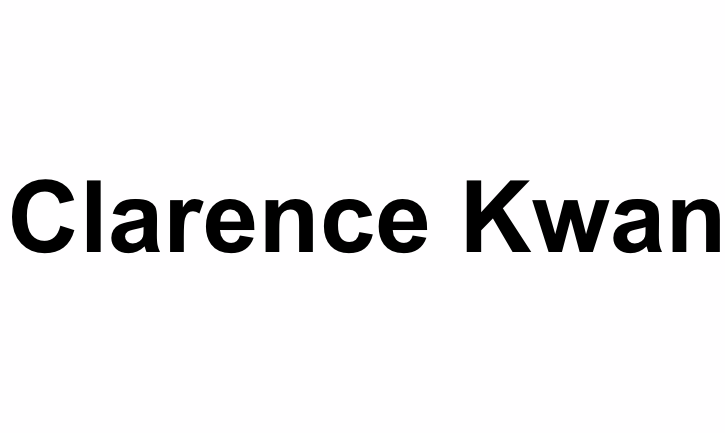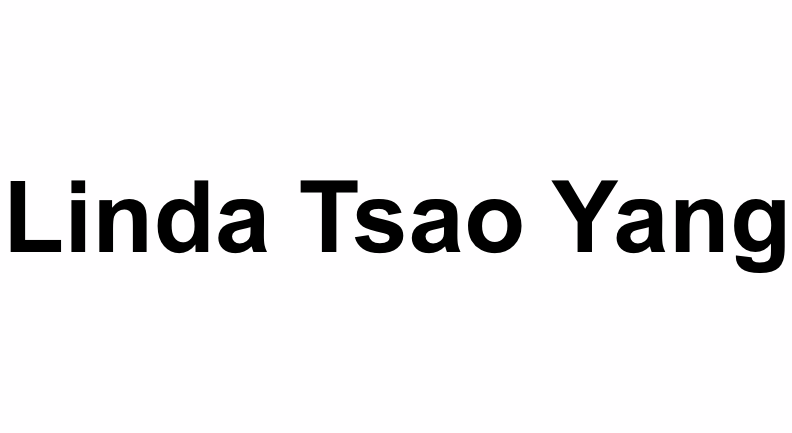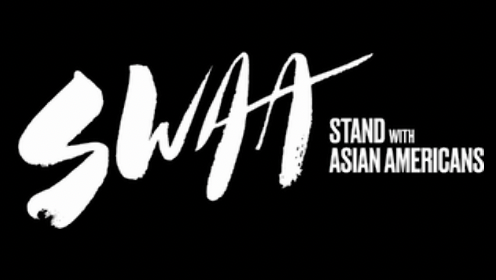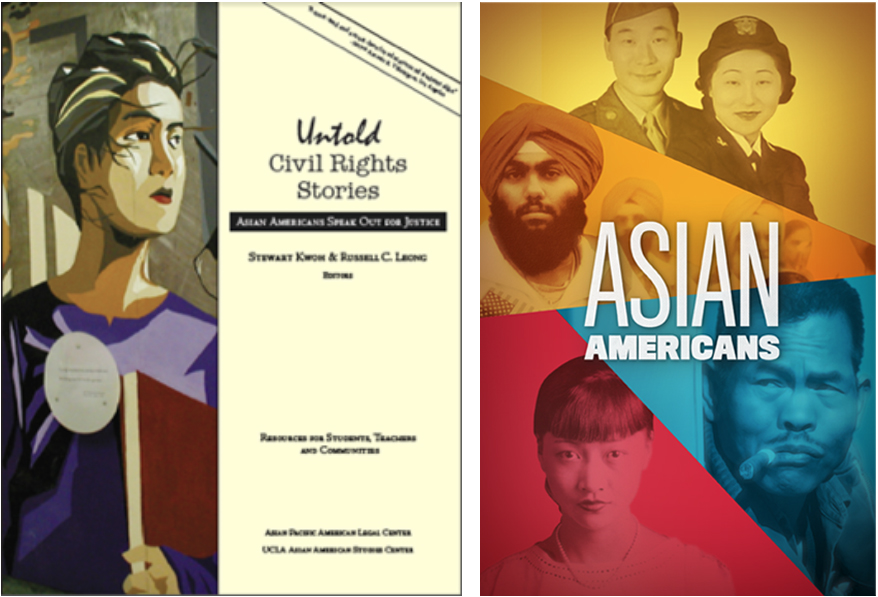
The Asian American Education
Project
The history of Asian Americans in the United States is an integral part of
American history. Since their arrival as far back as the 1800s, Asian
immigrants have contributed and shaped the way the country is today. From
labor activism to fighting for school integration and citizenship rights
in the courts, and against model minority and perpetual foreigner
stereotypes, Asian Americans have faced adversity and fought for
opportunities to create roots here in the U.S. From building coalitions
with other minority groups, Asian Americans have been a vital part of
major historical achievements including the Civil Rights Act of 1964,
Immigration and Nationality Act of 1965, and Title IX. Today, as one of
the fastest–growing populations, Asian Americans continue to make
further positive and effective changes towards a better future for the
United States, together with all their fellow Americans.
The history of Asian American is deeply intertwined together with
America’s own history, yet often forgotten or ignored within
today’s classrooms and public discourse. Our online lesson plans
here provide a tailored K–12 curriculum for educators to teach this
rich history to students. These lessons are but just a brief snapshot into
the long journey of Asian immigrants and their native–born children
within America’s timeline—both dark and bright, from exclusion
to acceptance. By showcasing the struggles and triumphs of Asian Americans
over the course of two centuries, our lesson plans amplify the importance
and voices of this growing, integral segment of the U.S. population in
building the country into what it is today and can become tomorrow,
together as Americans. It is important for all Americans, young and old,
to join in on this learning experience.
In 2005, Stewart Kwoh, a civil rights activist, saw a dire and essential
need to tell the stories of Asian Americans in K-12 learning. Both he and
Russell C. Leong of UCLA, were co-editors of a project to tell the stories
of how Asian Americans impacted civil rights in the United States. They
organized a team of writers that included Julie Su, Helen Zia, Dale
Minami, Angela Oh and Casimiro Tolentino, among others. The stories told
included that of Fred Korematsu, Philip Vera Cruz, Vincent Chin, Joseph
Ileto, Asian American Pacific Islander Women, and Amric Singh Rathour.
Through these stories, Asian Americans Advancing Justice and the UCLA Asian
American Studies Center co-edited the book
Untold Civil Rights Stories: Asian Americans Speak Out for Justice.
In 2009, Untold Civil Rights Stories was published utilizing
generous contributions from friends and colleagues to the Beulah Kwoh
Memorial Fund. The Fund, in honor Stewart’s mother, was established
to teach young people about Asian Americans. In 2014, Patricia Kwoh
managed a team of teachers to develop 12 lesson plans with the stories
from Untold Civil Rights Stories.
During 2014, the executive producers of Asian Americans, a
docuseries for PBS, CAAM (Center for Asian American Media) and WETA
(Greater Washington Educational Telecommunications Association),
approached Stewart on the production of their film project. Subsequently,
Stewart and Patricia were engaged as partners to produce 36 lesson plans
based on the stories and topics that took place from the 1850s to 2000s in
Asian Americans, for PBS LearningMedia and Asian Americans Advancing
Justice. Now 36 lesson plans have been developed between WETA, CAAM, and The Asian American Education Project, as the engagement and education partners.
In 2020, Stewart and Patricia engaged the Stanford University Program on
International and Cross-Cultural Education (SPICE) to develop a
teacher’s guide with five thematic units based on the 48 lesson
plans from Untold Civil Rights Stories and Asian Americans.
Waka Takahashi Brown, Curriculum Specialist, from Stanford SPICE created
the teacher’s guide.
In 2021, Stewart and Patricia formed The Asian American Education Project,
using the learning resources created in partnership with the UCLA Asian
American Studies Center, Stanford University SPICE and PBS LearningMedia,
in order to bring the history, contributions, challenges and triumphs of
Asian Americans to students across the country.
The value of Asian American and other ethnic studies cannot be
underestimated. “The (2010 to 2014) Stanford study (with SFUSD)
found that the attendance for those enrolled in ethnic studies classes
increased by 21 percentage points, GPA by 1.4 grade points and credits
earned by 23. It also found significant effects on GPA specific to math
and science achievement suggesting that exposure to ethnic studies could
increase performance in science, technology, engineering and mathematics
(STEM).”*
The Asian American Education Project is a 501(c)(3) non-profit organization.
The perpetual foreigner stereotype is a form of systemic racism against
Asian Americans, Native Hawaiians and Pacific Islanders (AANHPI). AANHPIs
have been scapegoated in the past by their fellow Americans: Vincent Chin,
mistaken for Japanese, was murdered for the downturn of the auto industry
in Detroit during the 1980s. In the 1940s, Japanese Americans, many U.S.
citizens, were incarcerated in concentration camps after Japan bombed
Pearl Harbor. South Asian Americans and Muslims were attacked and unjustly
surveilled after the events of September 11, 2001.
And now in 2021, AANHPIs have once again been scapegoated, being blamed
and attacked for the COVID-19 pandemic. Nationwide, AANHPI teachers and
students have faced harassment and microaggressions from other
students—due to no fault of their own. This anti-Asian hate is learned
from adults.
AANHPI teachers and students have reached out to our team for help. We are
working with school administrators, teachers and unions on solutions to
the current challenges. We have to design innovative strategies to solve
this current problem because AANHPI teachers and students are going
through a lot pain and trauma right now, while also struggling to survive
the pandemic.

Sandy Sakamoto
Chair
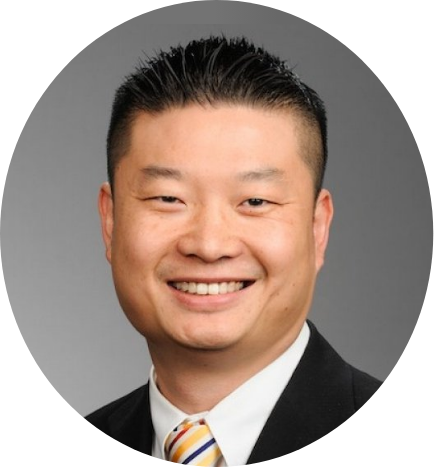
Dr. Tommy Chang
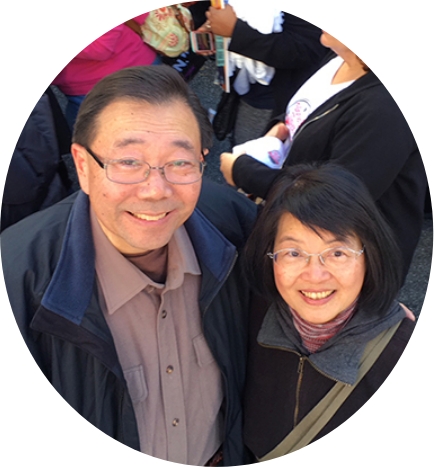
Stewart and Pat Kwoh

Dr. Kim Lawe

Dr. Virginia Loh-Hagan
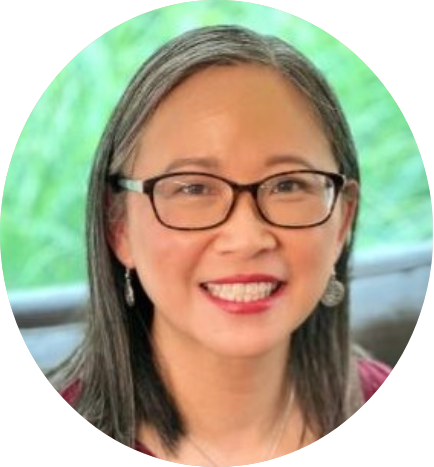
Laura Zhang-Choi






